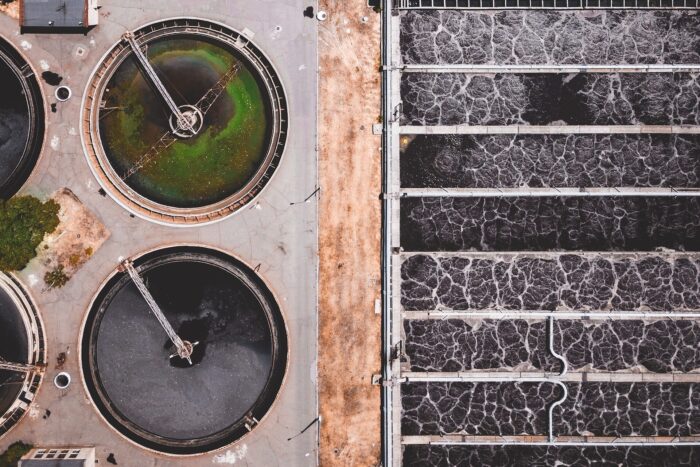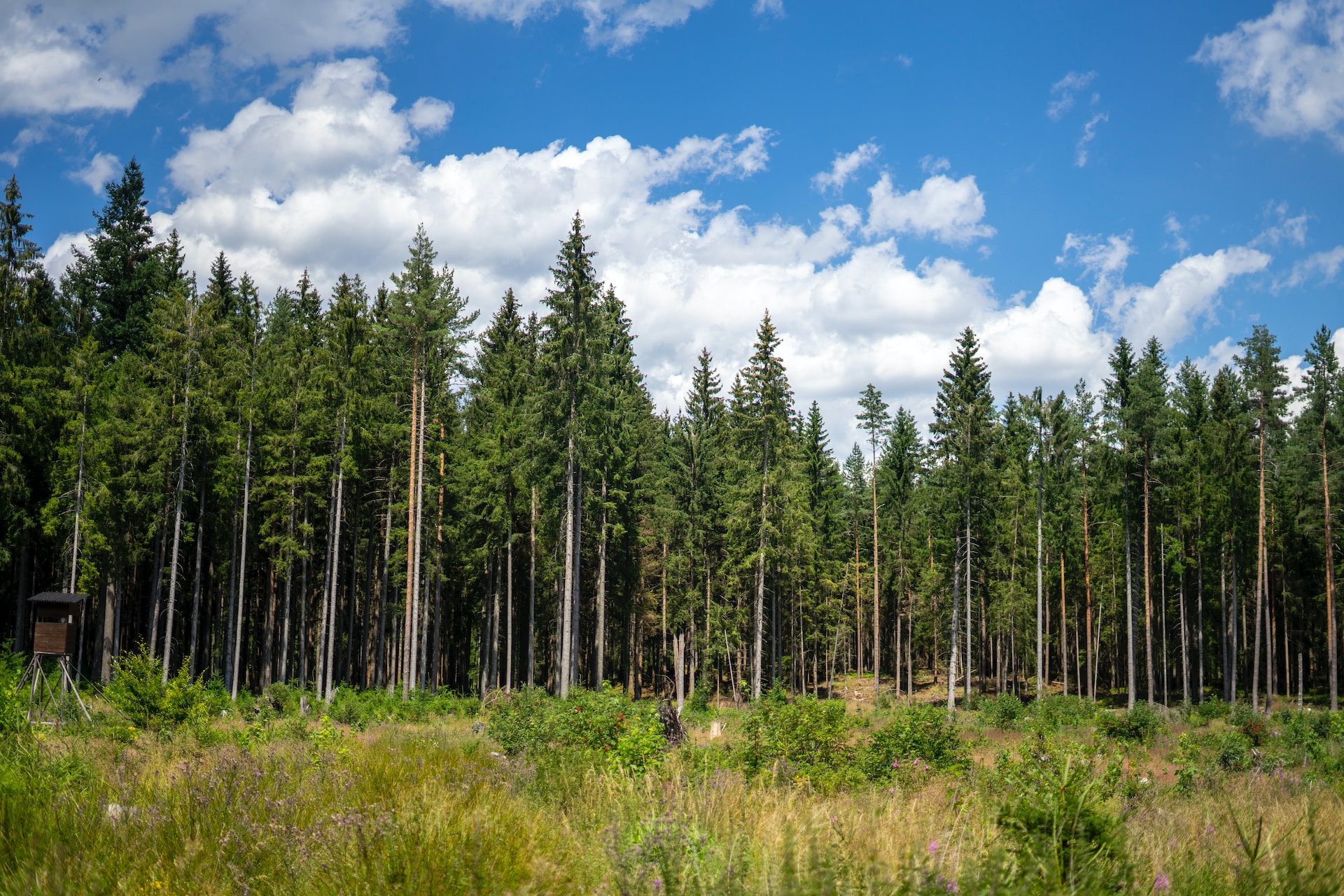ECO-FORCE FUELS: ECO-eFficient biORefinery for Competitive production of grEen renewable shipping FUELS

ECO-FORCE FUELS aims to produce low-emission marine biofuels via complete conversion of forest residues. A continuous organosolv process will be used to separate cellulose and hemicellulose from lignin. Microbial lipids will be produced from cellulose and hemicellulose hydrolysates; whereas hydrothermal liquefaction of lignin will yield bio-oil that can be easily fractionated into light and heavy oil.
In the previous STEM GOLdJETFUEL project, the light fraction was successfully upgraded to oxygen-free aromatics for use as aviation fuel. The present project will upgrade the heavy oil fraction and bio-lipids to bunker fuel and the light fraction to chemicals.
The resulting sulfur-free marine bio-crude will comply with existing fuel standards and strict emission regulations, as well as with improved fuel efficiency requirements of future vessels. Combining the mixture of lipids and heavy bio-oil with conventional petroleum-derived oil will result in affordable and renewable marine fuel.

Pavlos Christakopoulos
Luleå University of Technology (LTU)

paul.christakopoulos@ltu.se
Project information
Participants
LTU
BASF SE
Lund University
RISE Research Institutes of Sweden AB
RISE Processum AB
Scandinaos AB
Hulteberg Chemistry & Engineering AB
Time schedule
January 2023 - December 2025
Total cost of project
10 914 999 SEK
Swedish Energy Agency project number
2022-00537
More projects

What are the current barriers for circular and sustainable use of micro- and macronutrients in biobased value chains?
The increasing demand for sustainably produced biomass for various products places high demands on the circular use of both micro- and macronutrients….
Manager: Nils Skoglund
Ongoing

Intensive harvesting by repeated whole-tree extraction in forest ecosystems – effects on stem-growth, carbon stock and growth in the next forest generation
Utilisation of forest biomass will have a leading role in Sweden becoming a fossil-free and bio-based economy. The amount of forest biomass…
Manager: Felicia Dahlgren Lidman
Ongoing

Tree species experiment focused on biomass production – Growth, carbon sequestration and biodiveristy
Forestry can counteract an increase in greenhouse gases through its large capacity to store carbon and through the substitution of fossil fuels….
Manager: Nils Fahlvik
Ongoing


